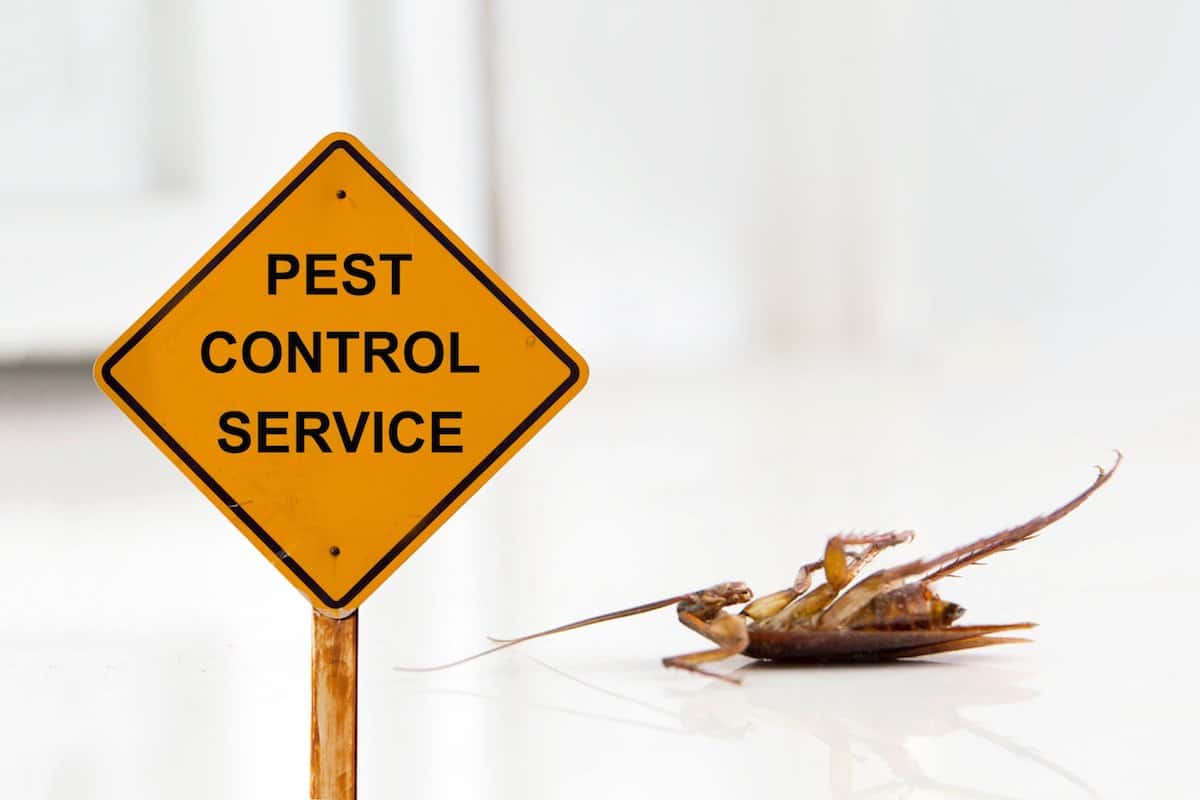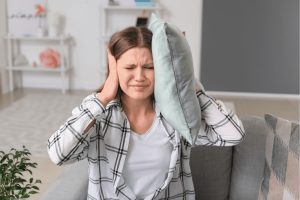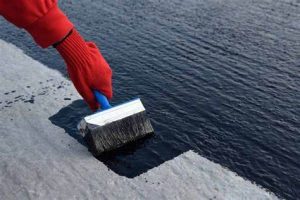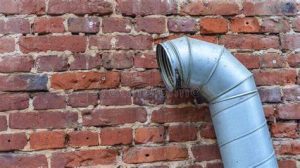Introduction
Although many may consider “pests” within the context of sectional title schemes to mean nosy neighbours; this article is in reference to actual pests and the responsibility of pest control within sectional title schemes.
What would pests include?
A pest is any living thing, including plants, animals, or microorganisms, that has a negative effect on humans.
Wood-destroying insects, including white ants and borer beetles are specifically included in the wording in the prescribed management rules (the “PMRs”) contained in Annexure 2 in the Regulations to the Sectional Titles Schemes Management Act 8 of 2011 (the “STSM Act”).
However, within the context of sectional title schemes, pests could include any number of insects or animals that cause a nuisance to the members of the boy corporate. Pests could include birds, rodents, snakes, bees, wasps, crickets, lice, mite, ants, fleas, flies, cockroaches and spiders. Where a scheme has a vineyard within it, it may even be that powdery mildew or grapevine moths would be considered pests.
What does the legislation say?
Duty in regard to common property
Section 3(1)(l) of the STSM Act requires that the body corporate must perform the functions entrusted to it by or under the STSM Act or the rules, and such functions include to maintain all the common property and to keep it in a state of good and serviceable repair. When the pests are present on common property it is up to the body corporate to organise and pay for the removal of pests.
Duty in regard to exclusive use areas
The body corporate retains the primary responsibility to organise for the removal of the pests on common property that is subject to exclusive use areas. The responsibility to pay for the pest removal for the part of the common property that is subject to exclusive use is transferred to the owner who has the benefit of the exclusive use area in terms of section 3(1)(c) of the STSM Act. This is the position unless the rules specifically state otherwise.
Duty in regard to section
PCR 8 deals with pests in sectional title schemes, and states that:
“(1) The owner of a section must keep the section free of wood-destroying insects, including white ants and borer beetles.
(2) The owner or occupier of a section must allow the trustees, the managing agent, or their duly authorised representatives to enter the section on reasonable notice to inspect it and take any action reasonably necessary to eradicate any such pests and replace damaged woodwork and other materials.
(3) The body corporate must recover the costs of the inspection and replacement referred to in sub-rule (1) from the owner of the section.”
Ways for the body corporate to protect the scheme from pests
The body corporate should take all steps to ensure that the common property remains free from pest infestations. Here is a list of some of the things the trustees should do the maintain a clean and safe common property:
- Maintain a clean and hygienic bin room to avoid rodent and insect infestations.
- Patch exterior holes, cracks or entry points for pests.
- Fix leaky pipes and avoid water accumulating and sitting stagnant for long periods of time.
- Schedule regular pest control maintenance to check the common property.
- Fumigate against known pests regularly.
- Install devices to keep messy and noisy birds from nesting. Fake snakes, spikes, electronic sound repellent devices, motion activated water sprinklers, baking soda, aluminium foil and reflective bird scarers.
- Where bees are involved contact an expert beekeeper to relocate the bees safely.
Ways for owners to protect their section from pests
Owners of sections should ensure that their sections are protected from pests by doing some of the above precautions. Owners of sections should furthermore keep their homes neat and clean and use pest control products like zappers, sprays, sticky paper, and more to prevent the problem from getting bigger. Owners can also use citronella candles when outdoors to prevent mosquitoes.
Owners of sections should also install screens on doors and windows. In this regard, PMR 4(2) states that an owner or occupier of a section must be considered to have the trustees’ consent to install a locking or safety device to protect the section against intruders, or a screen to prevent entry of animals or insects, if the device or screen is soundly built and is consistent with a design, colour, style and materials approved in writing by the trustees.
WRITTEN BY DR CARRYN DURHAM







![Case discussion on SS Glen High v Kruger NO ((2023/055133) [2024] ZAGPJHC 1059 (10 September 2024)](https://b2659803.smushcdn.com/2659803/wp-content/uploads/2024/10/OIP-300x200.jpeg?lossy=1&strip=1&webp=1)




